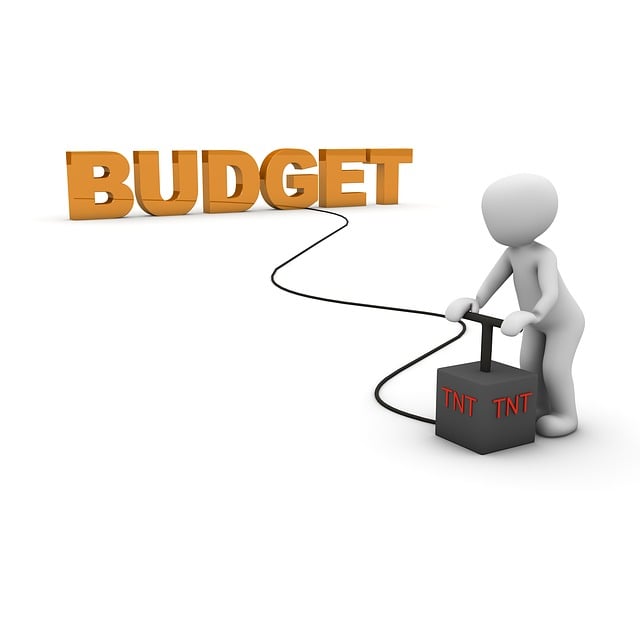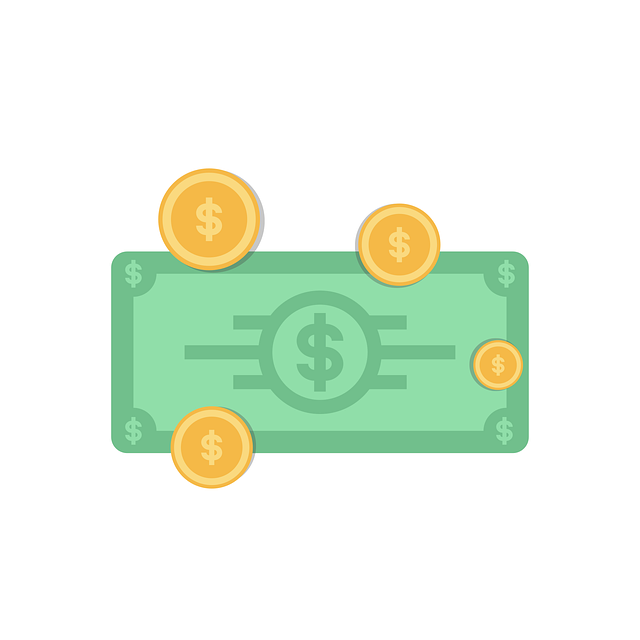Debt restructuring for South African individuals offers a vital lifeline against overwhelming financial obligations, addressing unique challenges like high inflation and interest rates through repackaged terms. Key steps include assessing financial situations, creating budgets, exploring options like debt consolidation or settlement, and understanding potential risks and benefits. Choosing a reputable restructurer with personalized plans is critical, followed by building sustainable budgets, prioritizing high-interest debts, and saving/investing to secure long-term financial freedom.
Debt restructuring is a powerful tool for South African individuals struggling with overwhelming debt. This comprehensive guide explores the first steps towards financial freedom, offering insights tailored to the South African context. We’ll navigate through understanding debt restructuring, assessing your unique financial situation, and uncovering diverse options available locally. By weighing benefits and risks, choosing the right path, and building a sustainable future, you can take control and break free from debt’s grasp.
- Understanding Debt Restructuring: A South African Perspective
- Assessing Your Financial Situation: The First Step Towards Freedom
- Types of Debt Restructuring Options Available in South Africa
- Benefits and Risks: Weighing the Pros and Cons of Restructuring
- Choosing the Right Debt Restructuring Company or Solution
- Building a Sustainable Financial Future After Debt Restructuring
Understanding Debt Restructuring: A South African Perspective

Debt restructuring for individuals in South Africa offers a lifeline for those struggling under the weight of financial obligations. This process involves repackaging and renegotiating debt terms to create a more manageable repayment schedule. In the South African context, understanding local regulations and available options is crucial. The country’s economic landscape presents unique challenges, with high inflation rates and interest charges often exacerbating debt issues.
Therefore, individuals seeking debt restructuring must be aware of legal protections and the various approaches possible. These include debt consolidation, where multiple debts are combined into one with a potentially lower interest rate, or debt settlement negotiations with creditors to reduce the overall amount owed. Exploring these options can be a significant first step towards financial freedom, ensuring more control over personal finances and a clearer path to recovery.
Assessing Your Financial Situation: The First Step Towards Freedom

Assessing your financial situation is the critical first step in taking control of your debt and embarking on a path to financial freedom. This involves gathering and analysing all your income, expenses, and outstanding debts. Create a detailed budget that categorises your fixed expenses (like rent or mortgage) and variable ones (grocery, entertainment). Understanding where your money goes each month will help you identify areas for reduction and potential savings.
By doing so, individuals can get a clear picture of their financial health, enabling them to make informed decisions about their debt restructuring options. It’s a vital step that empowers you to navigate the complexities of managing debt, ultimately guiding you towards a more secure and prosperous financial future in South Africa.
Types of Debt Restructuring Options Available in South Africa

In South Africa, individuals facing debt challenges have several restructuring options available that can help them regain control over their finances. One common approach is debt consolidation, where multiple debts are combined into a single loan with a lower interest rate, making repayment more manageable. Another popular strategy is debt settlement, which involves negotiating with creditors to pay off the debt for less than the total amount owed. This can be achieved through various methods, such as individual settlements or structured agreements with a debt counselling service.
Additionally, individuals can opt for debt management plans, where they work closely with a credit counsellor to create a repayment schedule tailored to their income and expenses. This approach focuses on making affordable payments over an extended period, ultimately reducing the overall debt burden. Each of these options offers unique benefits, catering to different financial situations and preferences, and ultimately contributing to achieving debt restructuring for individuals in South Africa.
Benefits and Risks: Weighing the Pros and Cons of Restructuring

Debt restructuring for individuals in South Africa offers both benefits and risks, each weighing heavily on one’s financial future. On the positive side, debt restructuring allows for a strategic approach to managing overwhelming debts. It enables individuals to negotiate with creditors, often leading to reduced interest rates, extended repayment periods, or even a portion of the debt being written off. This can significantly ease the burden of monthly repayments and provide a clearer path towards financial stability.
However, there are potential drawbacks. Restructuring may impact one’s credit score, making it harder to access loans in the future. It could also lead to longer-term financial commitments, delaying other significant life goals like buying a home or investing for retirement. Furthermore, if not managed properly, debt restructuring can result in paying more in interest over time. Thus, individuals must carefully consider their financial situation and explore all options before taking this first step towards financial freedom.
Choosing the Right Debt Restructuring Company or Solution

Choosing the right debt restructuring company or solution is a crucial step for individuals in South Africa looking to regain control over their finances. With various options available, it’s essential to conduct thorough research and select a reputable and experienced provider. Look for companies that offer personalized plans tailored to your specific financial situation. Reputable firms will assess your debts, income, and expenses to design a sustainable repayment strategy that aligns with your goals.
Additionally, ensure the company has a clear track record of successful debt restructuring, transparent communication, and customer support. Check reviews, ask for references, and verify their credentials to protect yourself from potential scams or misleading practices. Selecting the appropriate debt restructuring solution will set you on the path to financial freedom by providing a clearer, more manageable approach to paying off your debts effectively.
Building a Sustainable Financial Future After Debt Restructuring

After successfully navigating the process of debt restructuring, individuals in South Africa can start building a brighter financial future. This involves creating a sustainable budget and adhering to it strictly, ensuring that expenses do not exceed income. Prioritizing high-interest debts and maintaining open lines of communication with creditors is key to avoiding future financial pitfalls.
Additionally, building an emergency fund to cover unexpected expenses for at least three to six months’ worth of living costs can provide a safety net, preventing the need to turn to debt again. Exploring options like saving, investing, or starting a side hustle to increase income streams further strengthens financial stability. By taking these proactive steps, individuals can regain control of their finances and work towards long-term financial freedom.
Debt restructuring is a powerful tool for South African individuals to regain control of their finances and achieve financial freedom. By understanding the various options, assessing one’s unique situation, and making informed choices, it is possible to navigate this process successfully. This journey begins with recognizing the first step towards freedom—assessing your financial landscape. From there, exploring different restructuring strategies allows you to select the most suitable path, whether through debt consolidation, negotiation, or specialized company solutions. Remember, while there are benefits like reduced stress and improved cash flow, it’s crucial to weigh potential risks carefully. With the right approach, individuals can emerge from debt, build resilience, and thrive financially in South Africa’s diverse economic landscape.

